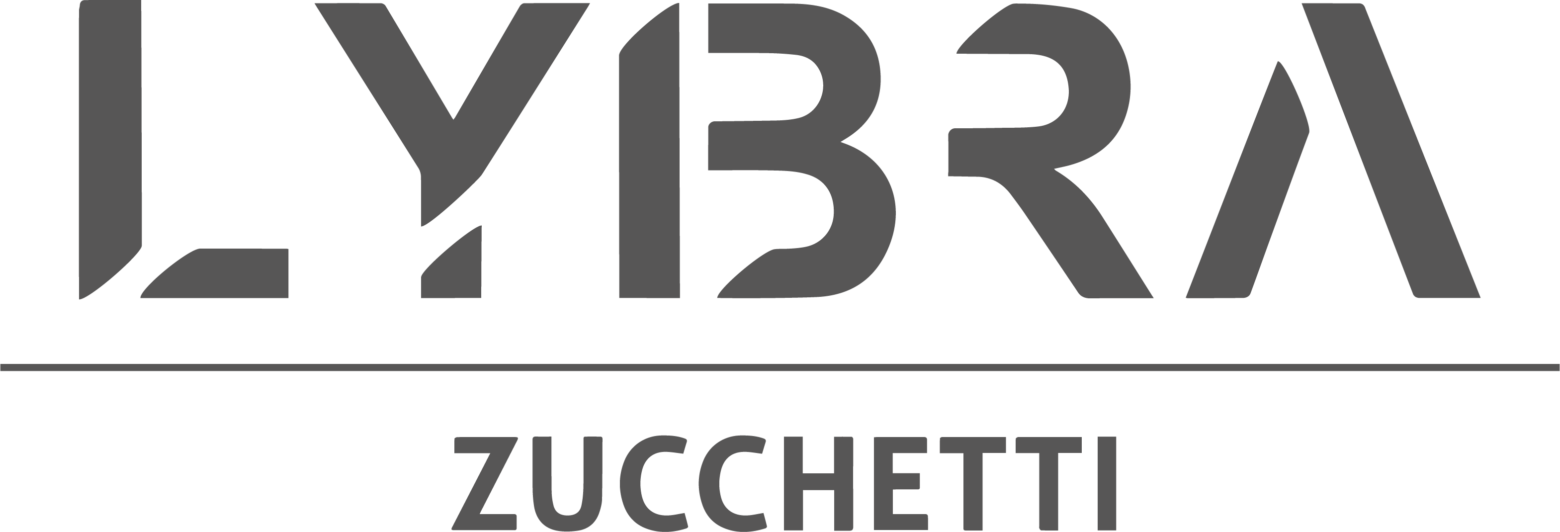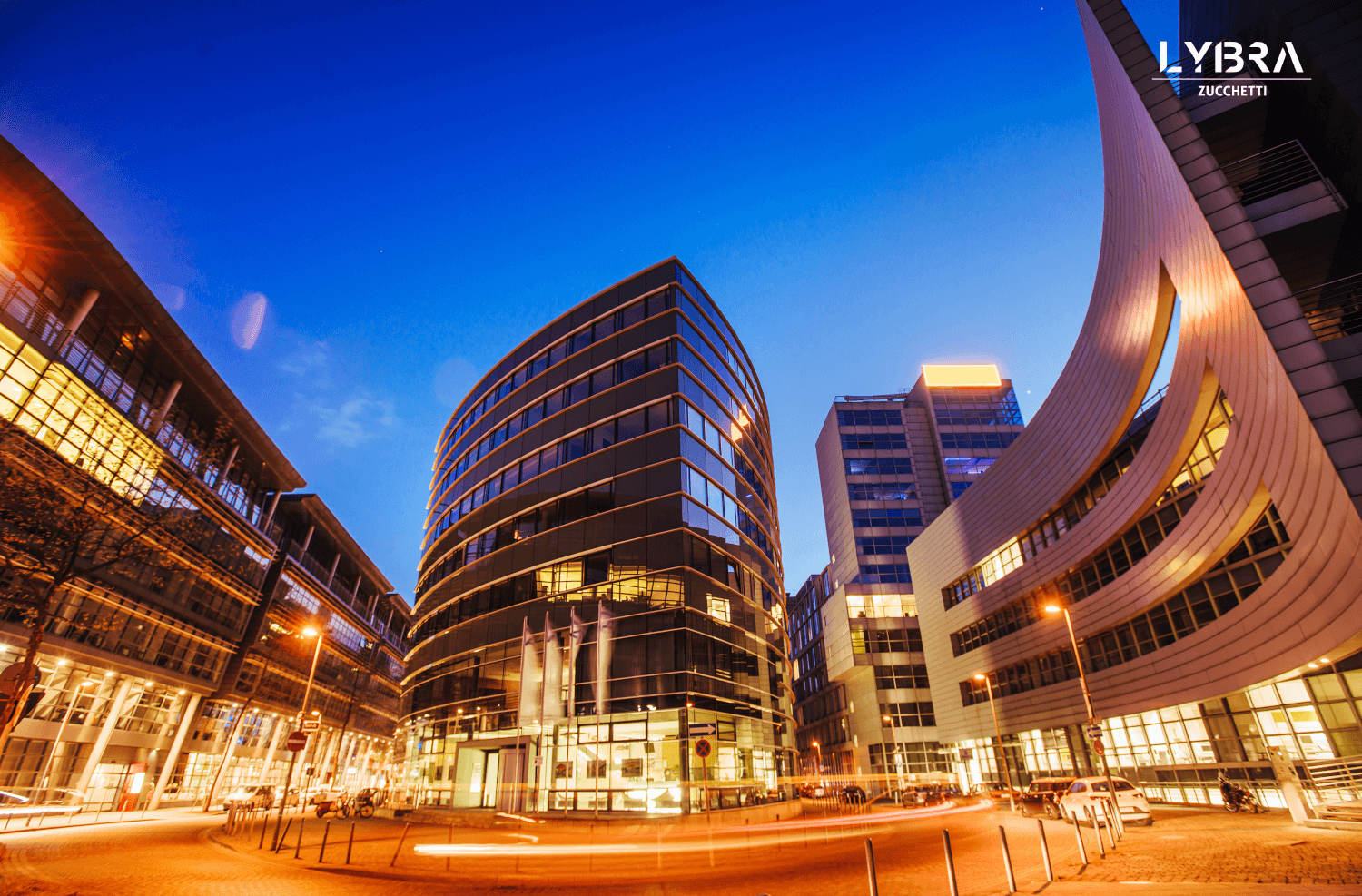In the bustling urban landscape, city hotels are in a constant race to maintain high occupancy rates. With an ever-increasing number of options for travelers, standing out in this competitive market is more challenging than ever. This guide is designed to provide hotel managers with proven strategies to boost their hotel’s occupancy and revenue, ensuring they remain a preferred choice for both leisure and business travelers.
Integrate Advanced Hotel Technologies
To maintain competitiveness and meet the evolving expectations of guests, city hotels are increasingly integrating advanced technologies into their operations. Implementing self check-in and check-out systems, smart locks, and live chat for guest services not only enhances the guest experience but also streamlines hotel operations. These technological advancements provide guests with the convenience and efficiency they seek, making their stay more enjoyable and increasing the likelihood of repeat visits. By embracing these innovations, hotels can significantly improve their appeal and keep occupancy rates high throughout the year.
Optimize Online Presence
Optimizing your online presence now goes beyond just a well-designed website. Incorporating Google Maps optimization ensures your hotel is easily found by those searching locally, while implementing Google Hotel Ads can significantly boost your visibility to potential guests actively looking to book. Together, these strategies enhance your digital footprint, making your hotel more accessible and bookable online, thus driving up booking rates and occupancy.
Leverage Hotel Revenue Management Systems
Incorporating a Revenue Management System (RMS) can significantly enhance your hotel’s ability to manage occupancy rates. RMS utilizes real-time data to forecast demand, enabling you to adjust pricing dynamically. This system helps in identifying peak periods for targeted marketing efforts and optimizes room rates to balance demand and supply effectively.
Implement Dynamic Pricing
Dynamic pricing is key in responding to market demand fluctuations. By adjusting room prices based on real-time market data, your hotel can maximize revenue during high-demand periods and attract more guests during slower times. This approach requires a careful balance to ensure rates are competitive yet profitable.
Enhance Guest Experience
Differentiating your hotel through unique guest experiences can significantly boost occupancy rates. Whether it’s personalized services, unique decor, or exceptional amenities, creating memorable experiences encourages positive reviews and repeat visits. Focusing on what makes your hotel unique can turn a one-time guest into a loyal customer.
Engage in Social Media Marketing
Social media platforms are crucial for marketing city hotels. By actively engaging on these platforms, hotels can build a community, showcase their unique offerings, and interact directly with potential guests. Creative content, interactive posts, and targeted advertising can significantly increase visibility and attract a wider audience.
Target Business Travelers
Business travelers are a key demographic for city hotels. Tailoring services and packages to meet their specific needs, such as flexible check-in/check-out, reliable Wi-Fi, and meeting facilities, can make a hotel more appealing to this segment. Offering business-oriented amenities can set a hotel apart in a competitive urban market.
Foster Partnerships with Local Businesses
Collaborating with local businesses can be mutually beneficial. By creating partnerships, city hotels can offer guests unique local experiences while promoting community businesses. This can include exclusive deals or packages that incorporate local dining, entertainment, or shopping options.
Invest in Quality Customer Service
Exceptional customer service is crucial in the hospitality industry. Investing in staff training ensures high service standards, leading to guest satisfaction and positive reviews. Well-trained staff can significantly enhance the guest experience and contribute to repeat business.
Analyze Competitor Strategies
Observing and learning from competitors is key to refining your own strategies. Understanding what others in the market are doing can provide valuable insights into successful practices and areas for improvement. This can involve analyzing marketing tactics, pricing strategies, or guest services.
The bottom line
Implementing these strategies can significantly improve occupancy rates in city hotels. From leveraging local partnerships to investing in customer service and learning from competitors, each approach plays a vital role in boosting hotel performance in the competitive urban hospitality market.
Contact us now to discover how Lybra Assistant RMS can help you boost occupancy and revenue of your city hotel!










